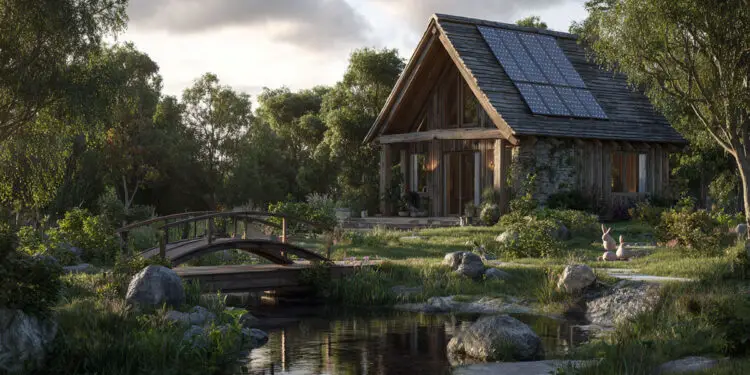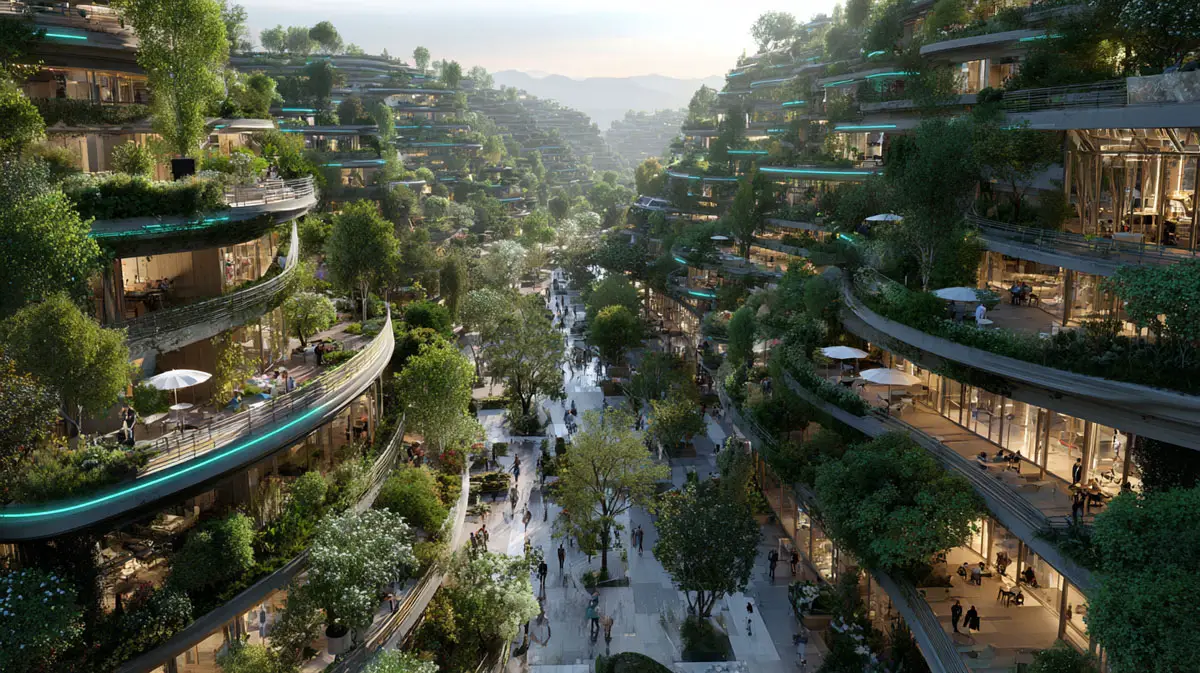Real Estate Today: How Lifestyle, Technology, and Sustainability Are Reshaping the Market

The world of real estate is undergoing one of its most exciting transformations in decades. What was once a straightforward process of buying or renting bricks and mortar has evolved into a dynamic sector shaped by lifestyle changes, digital innovation, and environmental awareness. From city apartments to countryside retreats, the way people view and invest in property is changing fast.
The Shift Toward Lifestyle-Centric Living
In the past, property choices were often dictated by proximity to workplaces, schools, and city centres. While these remain important, modern buyers and renters are increasingly prioritising lifestyle. Green spaces, walkable neighbourhoods, and access to cultural venues are now key selling points.
The pandemic accelerated this trend. Remote and hybrid working gave people the freedom to live further from traditional business districts. As a result, suburban and rural areas have seen increased interest, while city-centre living has adapted by offering more flexible, community-driven developments.
Technology Changing the Game
Technology has become an indispensable part of the property journey. Online listings and 3D virtual tours are now standard tools for those searching for a new home. Buyers can explore properties across the globe from the comfort of their living rooms, speeding up decision-making and broadening horizons.
For agents and investors, data-driven insights are also shaping strategies. Market analytics help predict demand, while smart pricing tools provide transparency. At the same time, properties themselves are getting “smarter.” Integrated home automation systems, energy-efficient appliances, and advanced security features are no longer luxuries – they’re becoming expectations.
Sustainability at the Forefront
The growing awareness of climate change has pushed sustainability into the spotlight of the real estate sector. Modern buyers are increasingly looking for eco-friendly homes that reduce environmental impact and lower long-term costs. Solar panels, energy-efficient insulation, and water-saving technologies are becoming important features.
Developers are also embracing green building certifications, creating entire communities designed around sustainability. These efforts not only appeal to environmentally conscious buyers but also enhance long-term property value, making eco-friendly homes a wise financial choice as well as an ethical one.
The Investment Angle
For many, property remains one of the most secure and attractive forms of investment. Whether it’s buying a first home, a holiday property, or a rental unit, real estate continues to offer stability in uncertain times. While markets can fluctuate, property often provides more tangible security compared to other investment vehicles.
Urban regeneration projects, in particular, have become hotspots for investors. Areas undergoing redevelopment often present opportunities for early buyers to benefit from significant appreciation. At the same time, established neighbourhoods with strong rental demand continue to provide reliable returns.
Challenges in the Market
Despite its opportunities, real estate also comes with challenges. Rising interest rates, affordability concerns, and supply-demand imbalances affect buyers across the globe. In some cities, younger generations struggle to get a foot on the property ladder, while in others, oversupply in luxury developments has created volatility.
Additionally, regulatory changes – such as those related to rental markets, tax policies, or foreign ownership – can impact investment strategies. Navigating these complexities requires careful research and, in many cases, professional advice.
What Buyers Should Keep in Mind
For those entering the property market, preparation is key. Setting a clear budget, understanding additional costs like taxes and maintenance, and thoroughly researching neighbourhoods can make the difference between a smooth purchase and an overwhelming experience.
It’s also wise to balance emotional decisions with financial logic. While it’s easy to fall in love with a home, buyers should also consider long-term value, resale potential, and the likelihood of meeting future lifestyle needs.
Looking Ahead
The future of real estate promises to be as exciting as it is complex. Cities are likely to continue reinventing themselves, balancing heritage with innovation. Technology will further streamline property searches and enhance living experiences, while sustainability will remain a core driver of development.
For buyers and investors alike, adaptability is key. The market may change, but the desire for safe, comfortable, and meaningful spaces will always remain at the heart of real estate decisions.
Final Thoughts
From cutting-edge smart apartments in urban centres to eco-friendly homes in the countryside, the property landscape is evolving in ways that reflect modern values and aspirations. For individuals, it’s about finding a place that aligns with lifestyle and priorities. For investors, it’s about recognising opportunities in a market shaped by global trends.
Ultimately, real estate is more than a financial transaction – it’s about building futures, creating communities, and defining how we live. And in today’s world, that makes it one of the most fascinating industries to watch.










